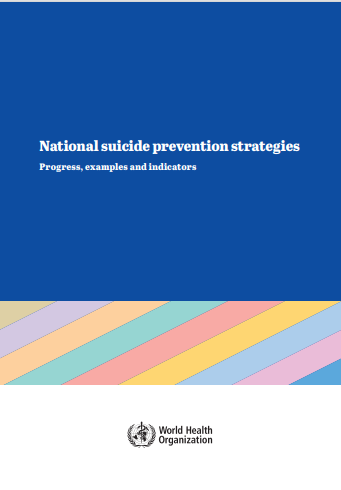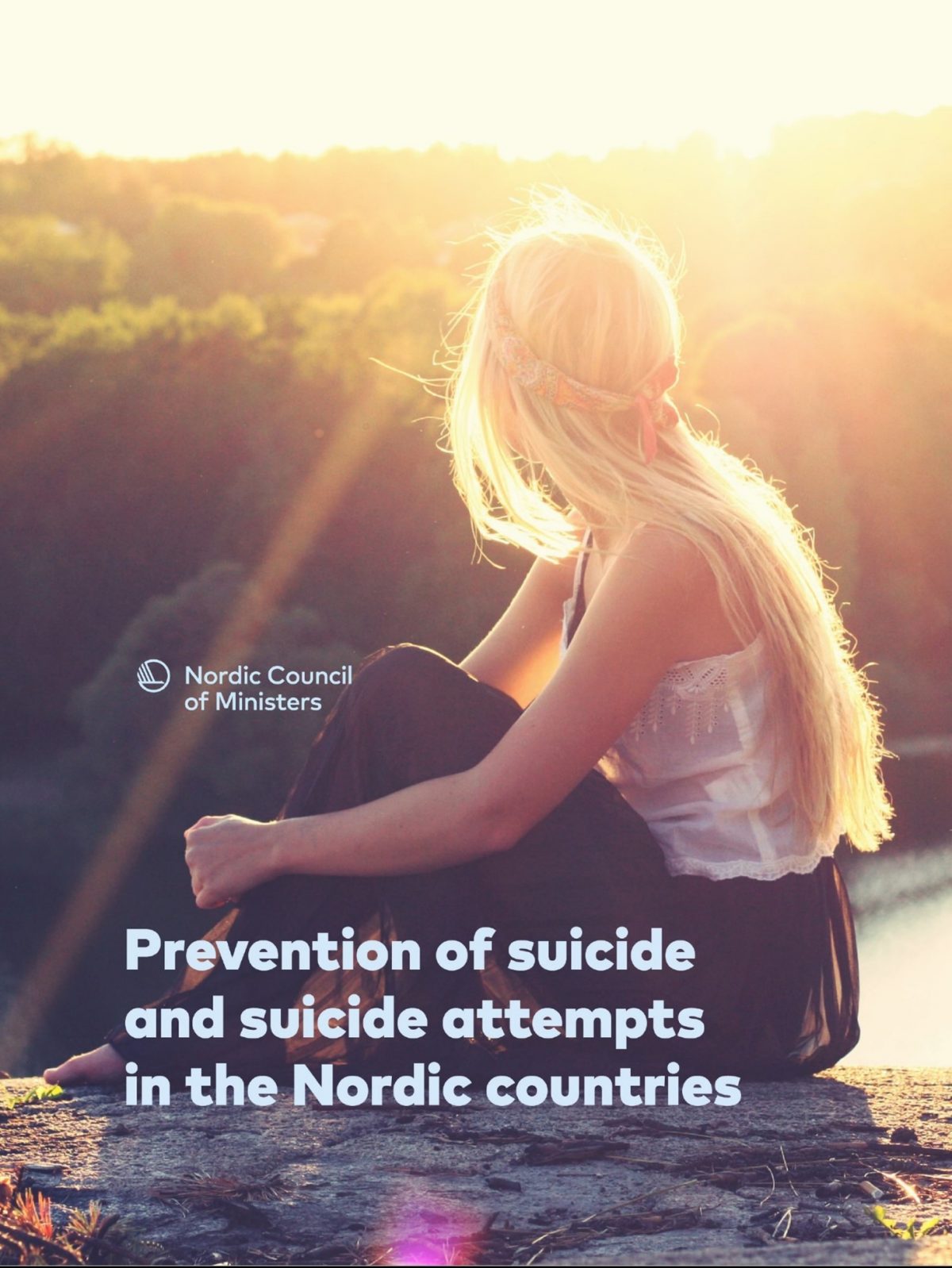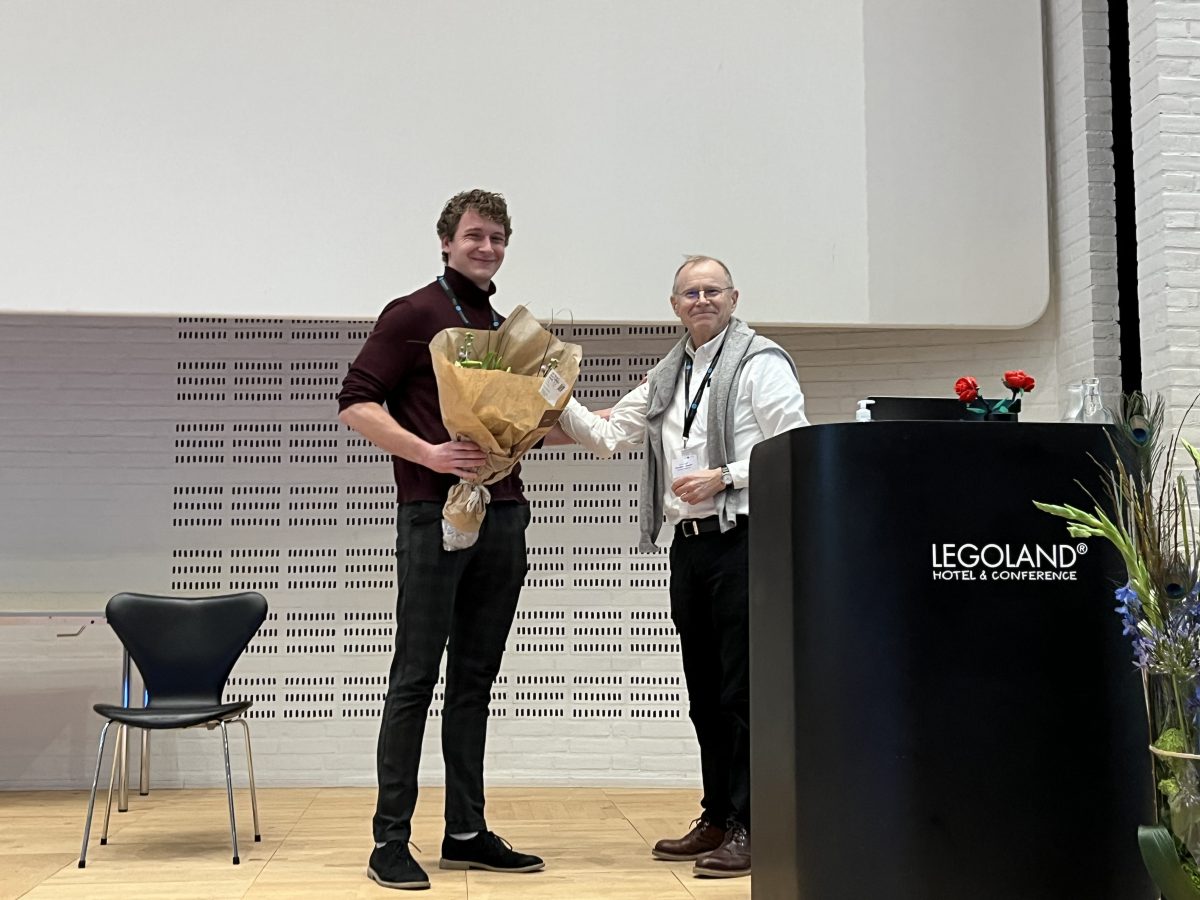Up to one-third of Danish adolescents have experienced suicidal thoughts. This was shown in a study from DRISP, which has recently been published in European Child and Adolescent Psychiatry.
The study was based on questionnaire data from over 47,000 participants aged 18 years in the Danish National Birth Cohort. The findings revealed that 36% of girls and 28% of boys had experienced suicidal thoughts, and one in four of these had made suicide plans. Additionally, 6% of girls and 3% of boys had attempted suicide before turning 18 years. A significant portion of those—especially the boys—did not go to the hospital after the suicide attempt. In fact, among those 5.7% who reported having had a suicide attempt, only 1.7% had been recorded with a hospital contact. In previous studies, this difference has been compared to ‘the hidden part of the iceberg’, i.e. located below the surface of the sea and, thus, not visible.
Furthermore, suicide attempts were more frequent among adolescents with lower parental income.
“It is highly concerning that in a normal class, 2-3 adolescents would have experiences of serious suicidal behavior. We do not know whether these adolescents receive the help they need, especially those who do not present at the hospital after a suicide attempt,” states Ph.D-student Stine Danielsen who conducted the study. These results empathize the need for increased awareness and efforts toward mental health and suicidal behavior among adolescents. Universal prevention strategies tar¬geting adolescents with suicidality in community-based efforts, such as school interventions, may reach those who do not present in the healthcare system.
The study also provided validation for an algorithm, which identifies adolescents with a hospital-recorded suicide attempt, as a major share of these also had self-reported a suicide attempt. The algorithm was developed to identify suicide attempts in Danish registers may therefore be considered as reliable for identification of suicide attempts among adolescents.
DRISP:
Stine Danielsen, Merete Nordentoft, Annette Erlangsen, Trine Madsen
Link to the study:
https://link.springer.com/article/10.1007/s00787-024-02503-w
Collaborative partners:
• Katrine Strandberg-Larsen, University of Copenhagen
• Keith Hawton, University of Oxford













